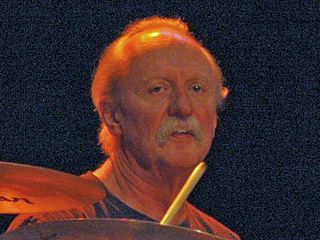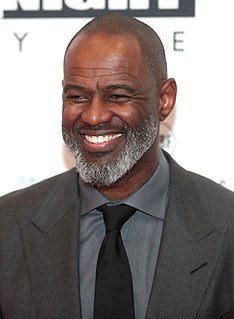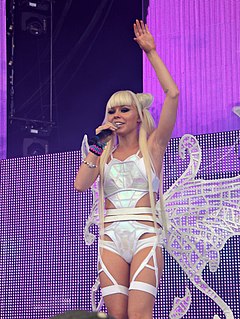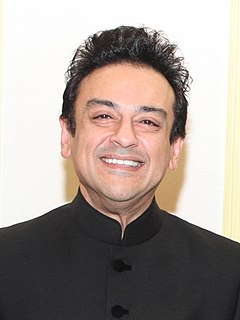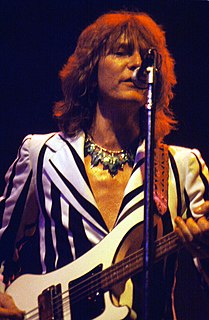A Quote by Brian Eno
Classical - perhaps I should say 'orchestral' - music is so digital, so cut up, rhythmically, pitchwise and in terms of the roles of the musicians. It's all in little boxes. The reason you get child prodigies in chess, arithmetic, and classical composition is that they are all worlds of discontinuous, parceled-up possibilities.
Related Quotes
I think the other thing that's important is getting to a place, which very, very rarely happens with improvising groups, where somebody can decide not to play for a while. You watch any group of musicians improvising together and they nearly all play nearly all the time. In fact I often say that the biggest difference between classical music and everything else is that classical musicians sometimes shut up because they're told to, because the score tells them to. Whereas any music that's sort of based on folk or jazz, everybody plays all the time.
I used to do Korean classical music and started training to join an idol group after someone set me up an interview with my current agency. The common thing between Korean classical music and becoming a singer is that I get to go on stage which why I decided to get professional training for K-pop music without holding any bias.
Music was literally in the air at the time, the Vienna of 1780. Everybody played music, classical music. There were in fact so many musicians that in apartment buildings people had to come up with a schedule - you practice at 5 p.m., I'll practice at 6 p.m. That way the music didn't collide with one another.

